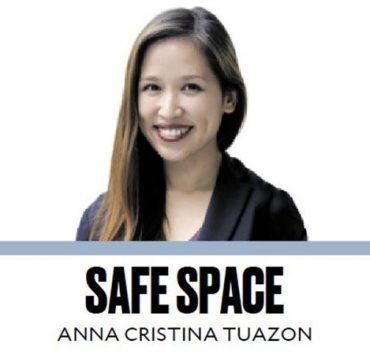Canada to stop funding research with security risks
OTTAWA—The Canadian government unveiled Tuesday restrictions on research funding to prevent the sharing with China, Iran and Russia of advanced technologies developed by Canadian universities, citing national security concerns.
It also published a long list of sensitive research it does not want shared, including artificial intelligence, quantum science, robotics, biotechnology, advanced weapons, space and satellite technology, and human-machine integration.
“Canadian research is at the forefront of discovery,” innovation minister Francois-Philippe Champagne said in a statement.
But, he added, “its openness can make it a target for foreign influence, increasing the potential risks for research and development efforts to be misappropriated to the detriment of national security.”
‘Unfounded’Beijing’s embassy in Ottawa hit back Wednesday, saying it had lodged “stern representations” with Canadian officials over the restrictions.
“The Canadian side is using unfounded national security risks as an excuse to politicize normal technological exchanges and cooperation,” the embassy said in a social media statement, adding that Beijing “firmly opposed” the restrictions.
“We urge Canada to … stop using (such) tools to hem in and suppress Chinese academic institutions, and create a good environment for a free and open international scientific cooperation ecosystem. Otherwise, it will only harm itself and others,” the statement said.
Canada’s announcement came after the Canadian Security Intelligence Service warned that China, for example, was using joint academic research partnerships to obtain cutting-edge technologies for economic and military advantage.
Canadian media said researchers at 50 Canadian universities have published joint scientific papers with scientists connected to China’s military.
Effect on applications Recent collaborations covered areas such as quantum cryptography and computing, and space technologies.
Ottawa listed 103 entities including foreign universities (85 from China, 12 from Iran and six from Russia) that it believes pose risks to national security. Canadian researchers will no longer be eligible for federal funding for research done in partnership with them.
The new policy is to come into effect in the coming months, but Champagne said federal granting agencies may start to take research affiliations into account now.
The ban could affect thousands of applications for research funding from the Canadian Institutes of Health Research, the Natural Sciences and Engineering Research Council of Canada, the Social Sciences and Humanities Research Council of Canada, and others. —AFP
AFP is one of the world's three major news agencies, and the only European one. Its mission is to provide rapid, comprehensive, impartial and verified coverage of the news and issues that shape our daily lives.

















